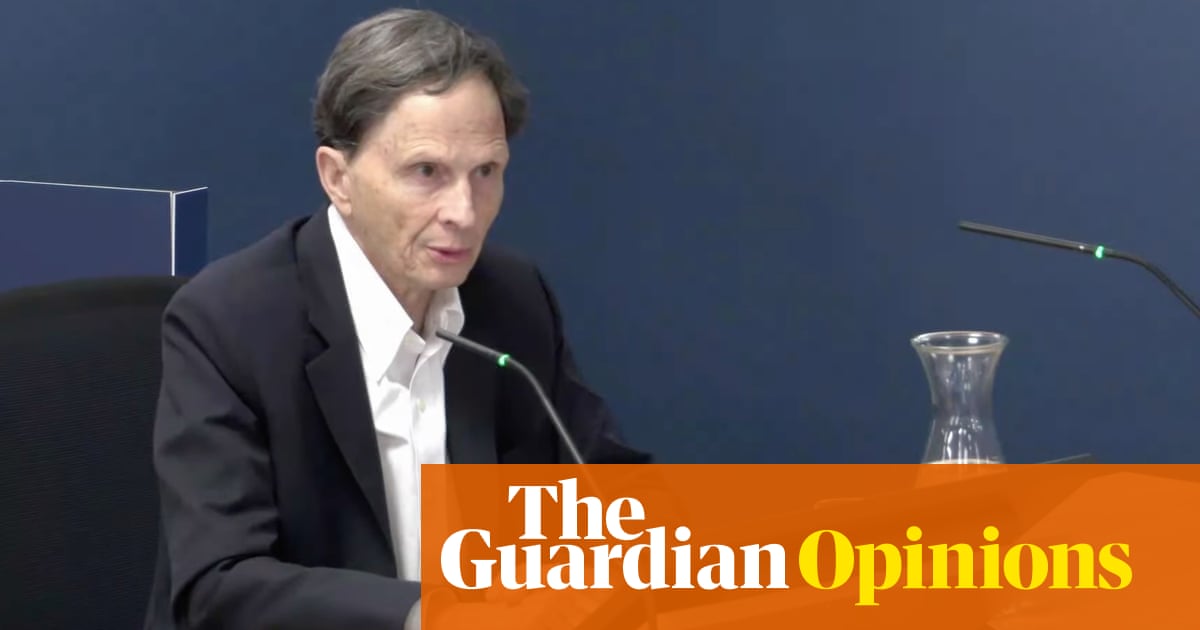
In the world of epidemiology it’s sometimes said that pandemics are lived forwards and understood backwards.
We encounter them head-on, chaotically, trying to fathom the disease in real time even while trying to mitigate its impact. Lessons generally come later as the evidence accumulates.
What’s also true is public health, especially on a global scale, is rarely separable from politics. One of the complicating factors of the recently ended outbreak of Ebola in the Democratic Republic of the Congo, was the country’s long history of conflict and the toxic relationship between central government in Kinshasa and the affected population in the country’s east, which led to deep and sometimes violent distrust.
One of the most depressing subtexts of the coronavirus pandemic is how these kinds of conflicts are now being writ large as a range of actors, including western ones, have used the crisis to spread disinformation.
The past months have been marked by dodgy dossiers leaked to the media and conspiracy theories, pushed by US officials engaged in a struggle for global influence with Beijing, suggesting that the virus was deliberately cooked up in a Chinese lab.
Other actors, including China and Russia, as an EU report made clear, have fuelled widespread online disinformation campaigns, sometimes for reasons only partly related to the pandemic.
In the midst of all this has been the World Health Organization, whose mandate is to be both canary in the coal mine as well as offering quick and timely advice and combating the outbreak.
Like other UN institutions, the WHO has a far from perfect history. Its handling of the 2014 west African Ebola outbreak was rightly criticised. Despite attempts at reform, it is cumbersome and cautious, tied up in the constraints of the UN’s public health diplomacy, and ultimately limited by the willingness of its member countries to be transparent in compliance with international health regulations.
Amid the catastrophic handling of the coronavirus outbreak in the US, where infections are still peaking at record levels, the WHO’s emergence as a punchbag for the Trump administration has come about for several reasons, many of them palpably dishonest.
Claims that the WHO was slow to sound the alarm out of undue deference to China have been disproved. A new timeline has emerged, suggesting that it was in fact the WHO that first prompted China to act over mysterious new cases of pneumonia and not vice-versa.
The reality is that much of the Trump administration’s beef with the WHO stems from ideological issues.
If Trump’s America First agenda has any organising theme beyond self interest and chaos, it is, above all, a profound dislike of multilateral international institutions and agreements, not least the UN, which has seen agencies defunded, agreements and treaties abandoned and others threatened at the hands of Washington.
Which is why, in the week in which the US formally announced its intention to quit the WHO, the organisation’s announcement of the two figures who will lead its review of the pandemic and its response feels significant.
Given Trump’s record of denigrating female leaders, and of racist dog-whistles, it is striking that the review will be chaired by two highly regarded and independent-minded women leaders, one of them from Africa – Ellen Johnson Sirleaf, a Nobel laureate and the former president of Liberia, and Helen Clark, former prime minister of New Zealand.
With experience in both public health advocacy and the UN system (Clark was administrator of the UN Development Programme and ran for director general of the UN), both have a strong track record in diplomacy and multilateral institutions, including in the developing world.
Both Johnson Sirleaf, Africa’s first democratically elected female president, and Clark, who sought the top UN job in 2016, acknowledged that the investigation into how the world responded to this crisis will be challenging.
Johnson Sirleaf, 81, brings her own recent experience. As Liberia’s president during the 2014 Ebola outbreak, she warned in March of other nations and institutions making the same mistakes that she made then.
She warned that “cues were missed” early with coronavirus and that “time was wasted”. She added that “information was hidden, minimised, and manipulated. Trust was broken.
“I know this. I made all of those missteps in 2014, and so did the world’s responders. But we self-corrected, and we did it together.”
With the ability to select their own panel members, and an independent secretariat, the WHO director general, Dr Tedros Adhanom Ghebreyesus, who has assiduously avoided being drawn into a slanging match with the Trump administration, has answered on his own terms.
Instead of the narrow exercise in self-investigation and self-laceration intended by Washington, the review will examine the global response to coronavirus and the lessons to be drawn from the whole picture, including, presumably, the large-scale failures in the US.
There is no doubt that there are still many questions to be answered about the origins of Covid-19, about its initial spread and how both the WHO and China sounded the alarm. However, it is also clear that preparations for a pandemic, international leadership and responses in individual countries, including the UK, have also been severely flawed.
While the WHO has been reluctant to launch a review while it was still involved in fighting the pandemic, given these failures and the mounting threats of resurgences, it feels appropriate and necessary to launch it now rather than later. Its findings may allow us to look back and understand where we have been.












